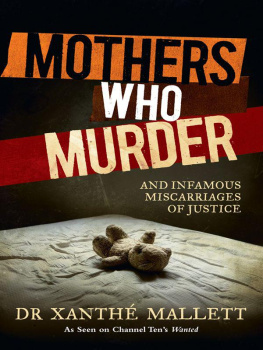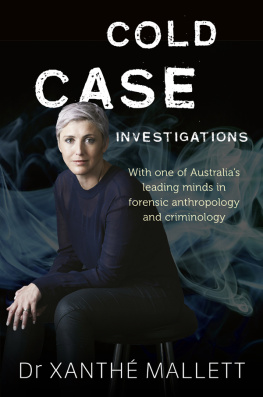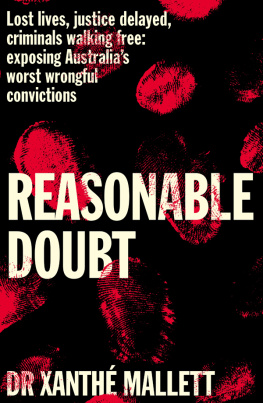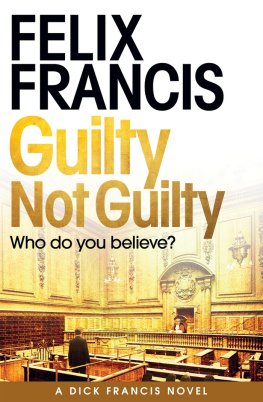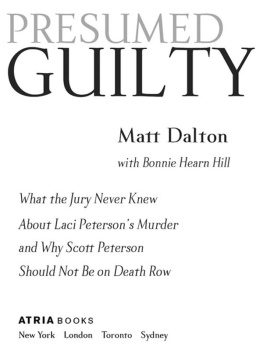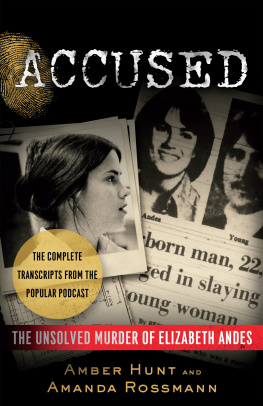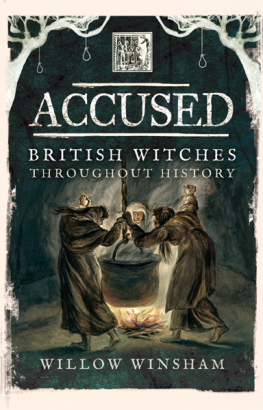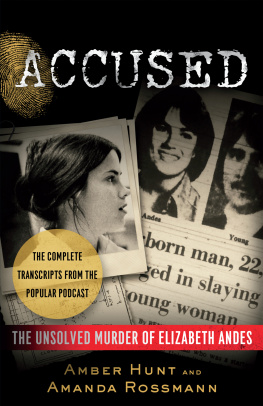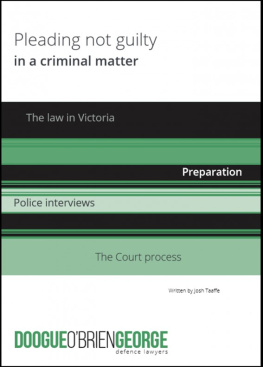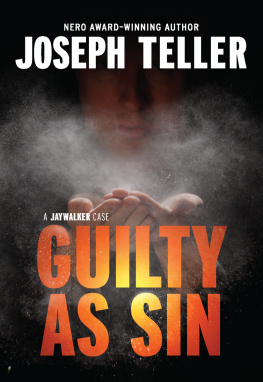About the Book
Meet the women found guilty of murdering their own children.
They represent some of the most hated women in Australia. The infamous list includes psychologically damaged, sometimes deranged, women on the edge. But, as we will see, accused doesnt always mean guilty.
Among the cases covered is that of Kathleen Folbigg, accused and found guilty of killing four of her children, even with a lack of any forensic evidence proving her guilt; Rachel Pfitzner, who strangled her two-year-old son and dumped his body in a duck pond; as well as Keli Lane, found guilty of child murder though no body has ever been found.
Dr Xanth Mallett goes back to the beginning of each case; deaths ground zero. That might be the accuseds childhood: were they abused? Or was their motivation greed, or fear of losing a partner? Were they simply evil? Or did the media paint them as such, against the evidence, and leading to a travesty of justice?
Each case will be reopened, the alternative suspects assessed, the possible motives reviewed. Informed by her background as a forensic scientist, Xanth will offer insight into aspects of the cases that may not have been explored previously; taking you on her journey through the facts, and reaching her own conclusion as to whether the evidence points to the womens guilt. Hear their stories.
Chapter 1
ASKING THE WHYS OF THE WORLD
They say everyone has a book in them, the key is just finding out what your book is about. But as I sit here reading this opening sentence I wonder why I chose to write a book about women accused of killing their children. Am I morbid, obsessed with death? Believe me, thats not it. To understand why this book was mine to write, you have to know me a little better.
Let me introduce myself. I am the genetic product of a professional dancer and a highly intelligent mechanical engineer, and strangely my career lets me use skills from both parents. As a child, I attended a performing arts school, which gave me the opportunity to spend half the day dancing and the other half doing academic work. I loved both and was good at both, thanks to my parents. But at open days, my academic teachers would tell my parents that I thought differently to other kids. I drove my maths teacher, Mrs Bell, mad asking why; all the time why. And sometimes, such as when she was trying to teach us pi, she couldnt explain to a group of ten-year-olds why pi equalled 3.14. We just had to accept it. Even then I could not just accept that something was that way just because someone else said so. I had to test it and prove it for myself. So I guess I was always destined to do a job where I got to ask, and answer, the never-ending whys of the world.
For the first eighteen years of my life I trained to be a professional dancer, but I felt the need to do something more with my brain, so in 1995 I decided to go to university. I really wanted to work with disabled kids in sport and was due to study a sports degree. In fact, my whole life revolved around playing sport. So I was devastated when, at twenty, I had a car accident in which I seriously damaged my left knee. My whole life literally changed in that moment. I wasnt ever going to be able to do the degree I had my heart set on. I felt completely lost. That feeling lasted for a long time. In 1996, not knowing what to do with myself, I came to Australia for the first time and spent a few months travelling to recuperate. When I got back to the UK I knew I needed to find some direction, otherwise I was in danger of floating through life without any focus, and that simply was not my style. I decided to go to university after all, but this time to study archaeological science a big change, but it was something that interested me, and at that time I just needed to do something. Anything.
So I went to university and studied archaeology, and from the beginning I was fascinated by the units looking at bones, anatomy, or evolution. By accident almost, Id found something I enjoyed that I was also good at, and I excelled. I was in my element. Modelling my way through university allowed me to pay the bills and gave me time to focus on my academic work; I loved learning and sharing, and still do. Once I started on that academic road, that was it for me, I just kept going.
In terms of my academic pedigree, I hold a first-class honours degree in Archaeological Sciences (BSc) from the University of Bradford, a masters degree from the University of Cambridge in Biological Anthropological Sciences (MPhil), and a PhD in Forensic Facial Recognition from the University of Sheffield. I like to think after all that learning I know what Im talking about an assertion my husband would not always agree with.
I am a forensic anthropologist, a type of forensic science that combines knowledge of human biology and adaption with an understanding of legal principles. Most of you will equate forensic anthropology with the US television series Bones , based on the incredibly popular fictional books by Kathy Reichs, a real-world forensic anthropologist. In reality, though, we do much more than study bones. Most people dont actually know, but the word forensic literally means pertaining to the court, as in the forums of Rome. And the word anthropology means the study of man (from the combination of anth = man, and ology = the study of). Add those together and you get the study of man for the purpose of giving evidence in court. The evidence we provide could relate to the age and sex of a skeleton, for example, but it may also include a vast array of other information such as the diseases someone may have suffered during life, and even if someone was probably left or right handed. In my case it has included working on cases of alleged sexual abuse. Consequently, the historical view of the forensic anthropologist being limited to the analysis of bones is a little out of date. Ive developed my research in sex offenders beyond the physical identification performed by a forensic anthropologist, and now I also work on understanding the behaviour patterns of these predators.
As an expert in human identification I have had the privilege of working with, and learning from, some of the worlds best. I hope to share some of the information Ive learnt and ways to approach casework with you. People often ask me how Ive ended up doing what I do. I dont really see it that way. It may sound cheesy, but I love what I am doing now, but I havent ended up anywhere. I have no idea what I want to do with the rest of my life. Im just taking it as it comes. For now, Im going to make the most of every opportunity, and this book is one of those chances I just couldnt pass up to ask the why in some of the most infamous and socially confronting cases in contemporary (mostly) Australian criminal history.
WEIGHING UP THE ODDS
The concept of innocence at first seems simple. In its most basic, legal sense, in Australia and other common law countries, such as the UK and the US, we all have the right to be considered innocent until proven otherwise. Australian jurisprudence is founded on a central belief in justice for all, the rule of law, and the independence of the judiciary. Under this philosophical model, everyone in Australia should be treated equally before the law, and safeguards exist to make sure that people are not treated subjectively or unfairly by governments or officials. Thats all great. Who could disagree with the idea that all citizens should be treated equally and, if accused, remain innocent until proven otherwise? In practice, things may not always be that simple, however. How do we prove our innocence? Well, thats the complicated bit. You cant. All the prosecution can do really is to fail to prove guilt.

